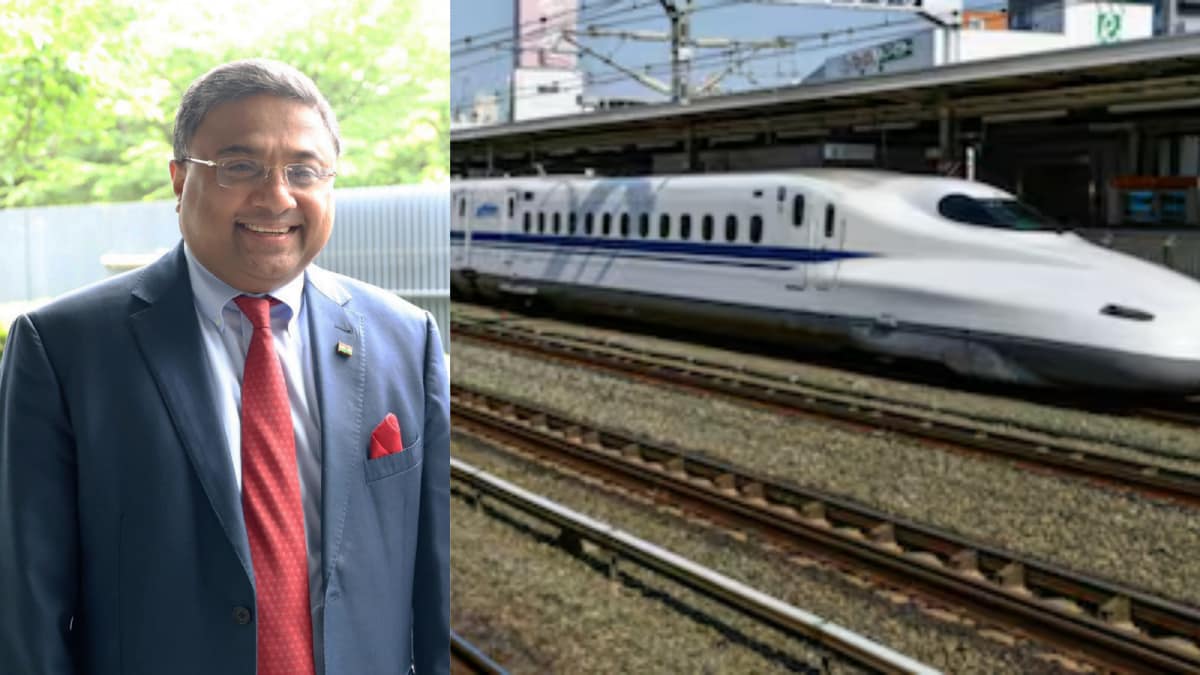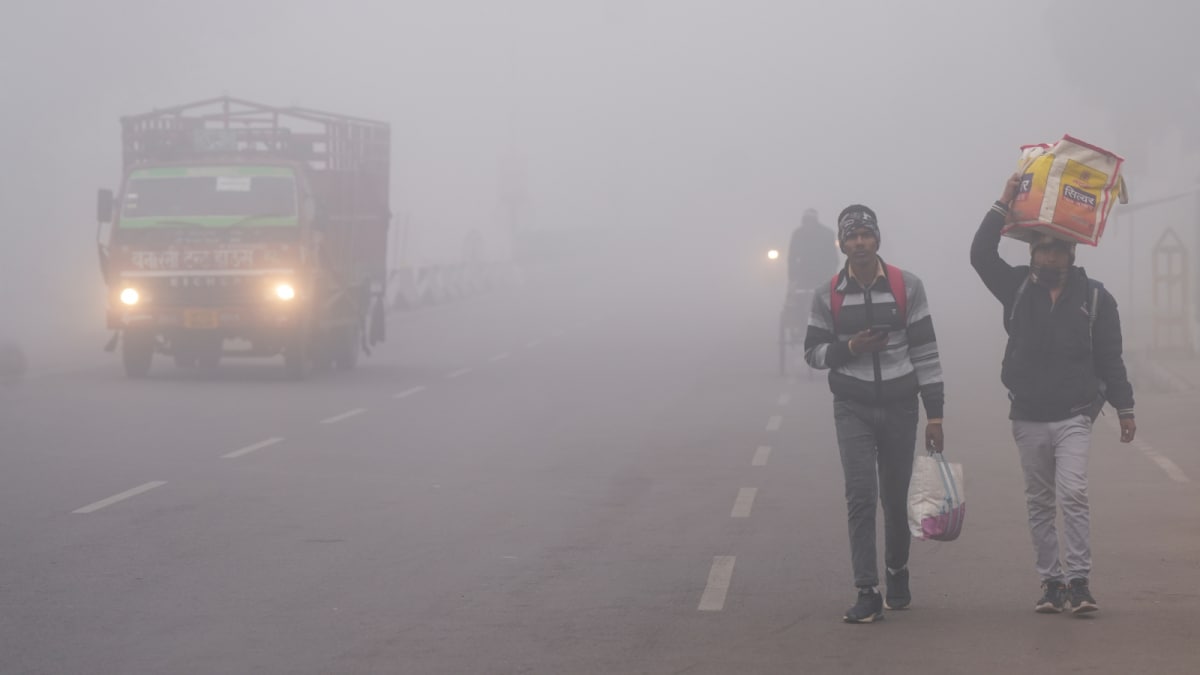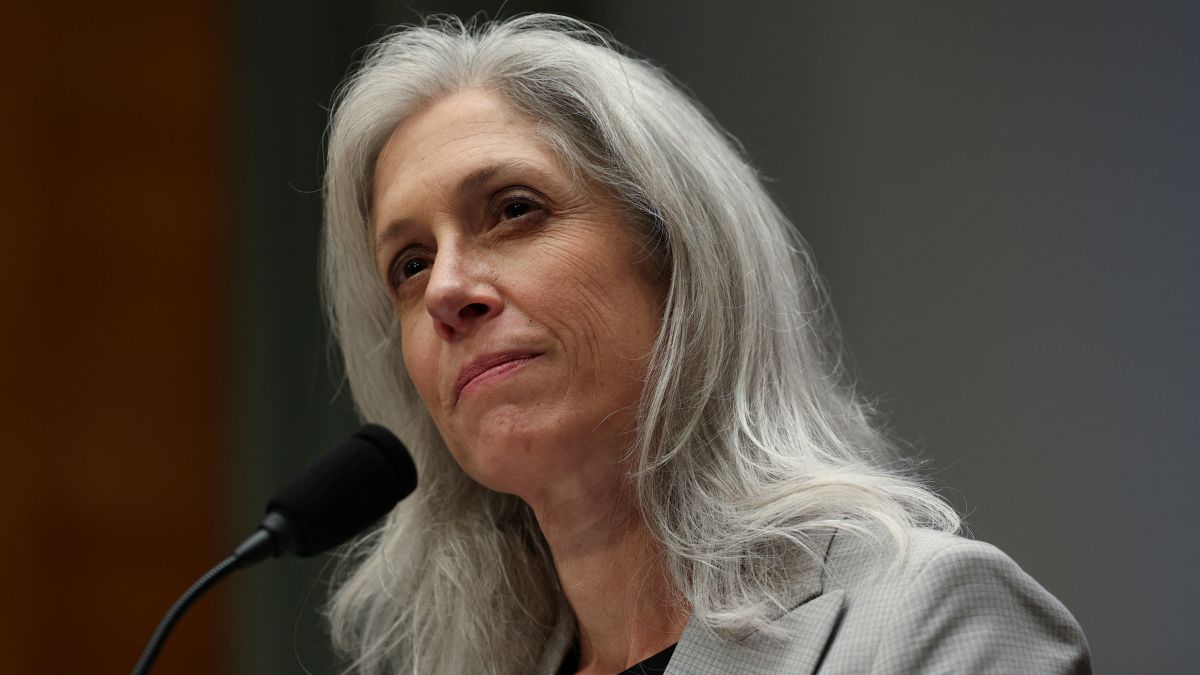Last Updated:
Ahead of PM Modi’s visit to Japan, George, while speaking to CNN-News18, underscored Japan’s pivotal role in India’s infrastructure transformation.

Indian ambassador to Japan Sibi George spoke to CNN-News18 on bullet train, India-Japan ties and more. (Image: PTI)
India’s long-awaited bullet train project is firmly on track, with operations expected to begin on the Mumbai-Ahmedabad corridor by 2027, India’s Ambassador to Japan Sibi George has confirmed. Speaking exclusively to CNN-News18 ahead of Prime Minister Narendra Modi’s visit to Japan for the annual summit, George underscored Japan’s pivotal role in India’s infrastructure transformation.
“Japan has been an important partner in infrastructure projects, especially in the railway sector. All I can tell you is we will have a train running on that corridor by 2027. I stand by what I said,” George stated, addressing speculation over delays and reports suggesting Japan could provide E5 and E3 Shinkansen trains for trial runs.
Recommended Stories
A Visit of Strategic Significance
Prime Minister Modi’s visit to Japan comes at a time of shifting geopolitical dynamics, with both nations increasingly viewed as key pillars of stability in the Indo-Pacific. Ambassador George described the relationship as deeply rooted and evolving with the times: “We have a civilisational connection, a cultural connection. In 2014, Prime Minister Modi and then Prime Minister Shinzo Abe established the India-Japan Special Strategic and Global Partnership. This visit is an occasion to review progress and develop a new roadmap, covering critical minerals, technology, and more.”
Japanese Investments
The visit is expected to witness significant economic announcements, with Japanese Prime Minister Shigeru Ishiba proposing investments worth nearly Rs 5.96 lakh crore over the next decade.
“Japan has been an important partner in our economic transition. As we enter Amrit Kaal, our journey over the next 25 years to become a developed nation, we consider Japan our most reliable partner,” George said.
“Forty years ago, Suzuki transformed India’s automobile sector. Today, we are seeing similar transformations in other industries with Japanese engagement. In 2022, our leaders agreed on a five trillion Yen investment target over five years — we have already achieved almost four trillion Yen. Now, we are looking for a fresh momentum, which will be announced during this visit.”
Revamping Security Cooperation
Another key outcome of the summit could be the revision of the 2008 India-Japan Security and Defence Cooperation Agreement.
“This visit will see many outcome documents, including joint statements. It’s time to review the 2008 agreement, reflecting the evolving security environment,” George said, hinting at a strengthened defence partnership between the two democracies.
Boosting Indian Talent in Japan
Japan faces a projected shortfall of nearly 790,000 advanced tech workers by 2030, and India is seen as a natural partner to bridge this gap.
“The fundamentals of our people-to-people relationship are strong, but what is missing is the quantum of numbers. The number of Indian workers and students in Japan is still small. We need a quantum leap, and this shortage will be addressed,” George emphasised.
Quad and the Indo-Pacific Agenda
With India set to host the Quad summit this year, strategic cooperation in the Indo-Pacific is expected to be on the agenda.
“Quad is the most important plurilateral framework in the Indo-Pacific. When two key leaders of the region meet, they will certainly discuss it,” George said.
About the Author

Siddhant Mishra is a Senior Special Correspondent at CNN-News18, covering foreign affairs and international relations. With over 12 years of experience in journalism, he has also reported extensively on crime, …Read More
Siddhant Mishra is a Senior Special Correspondent at CNN-News18, covering foreign affairs and international relations. With over 12 years of experience in journalism, he has also reported extensively on crime, … Read More
Loading comments…
Read More




)